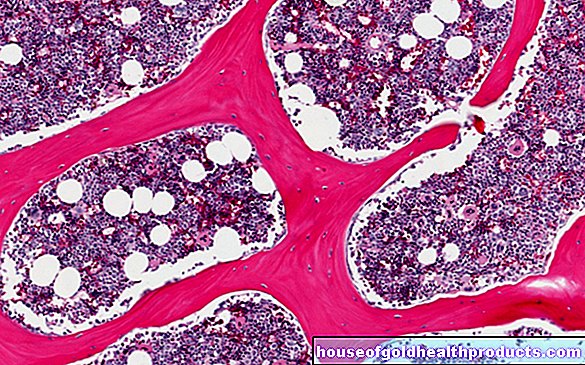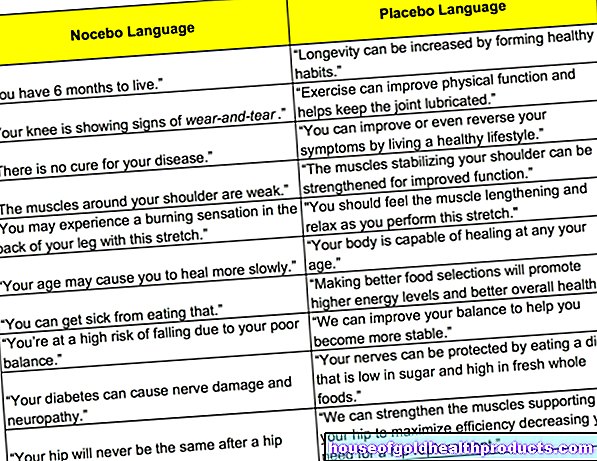Gluten-free products: Not recommended for healthy people
Christiane Fux studied journalism and psychology in Hamburg. The experienced medical editor has been writing magazine articles, news and factual texts on all conceivable health topics since 2001. In addition to her work for, Christiane Fux is also active in prose. Her first crime novel was published in 2012, and she also writes, designs and publishes her own crime plays.
More posts by Christiane Fux All content is checked by medical journalists.Gluten-free products are conquering more and more space on supermarket shelves. Even people who can easily tolerate the gluten in grain are increasingly turning to gluten-free bread, biscuits or pasta. These are not only more expensive - they are also often less healthy.
A lot of fat, little protein
Researchers led by Joaquim Calvo Lema from the Istituto de Investigación Sanitaria La Fe in Valencia have presented a study in which they compared 654 gluten-free products with 655 gluten-containing products. They found that gluten-free foods often contained significantly less protein than their gluten-containing counterparts, but instead contained larger amounts of fat. So they are significantly richer in calories. The reason: This is the only way to give the products a consistency similar to that of products containing gluten.
In particular, they often contain larger amounts of saturated fatty acids, which are less healthy than the unsaturated ones. The researchers are now calling on manufacturers to change the recipe for gluten-free products so that they become healthier overall. Above all, however, the ingredients would have to be adequately declared.
Little fiber, a lot of arsenic
Even earlier, doctors had pointed out that gluten-free products can be problematic. On the one hand, because it can reduce the amount of fiber in the diet. On the other hand, because wheat and other grains in them are often replaced by rice - which is usually contaminated with arsenic.
Parents who hope to do something good for their healthy offspring with gluten-free food are wrong. And healthy adults are also better served with normal products.
One in a hundred has celiac disease
The situation is different for those people who actually cannot tolerate gluten and who suffer from what is known as celiac disease. Even small amounts of the gluten can cause severe gastrointestinal complaints: from flatulence and cramps to diarrhea and chronic intestinal inflammation.
For these patients, the gluten-free products are a blessing. However, experts estimate that the intolerance affects only one percent of the European population.
Tags: toadstool poison plants alternative medicine anatomy











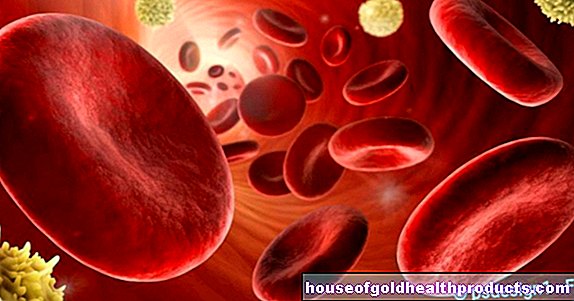


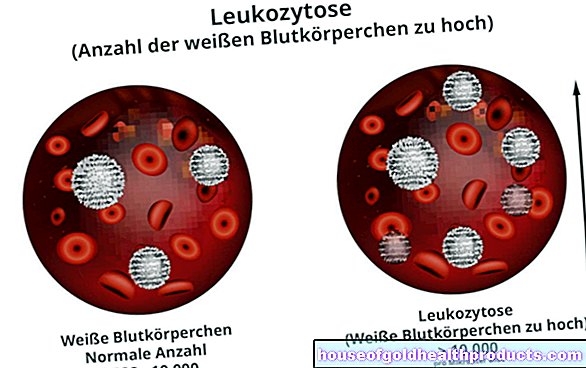




.jpg)
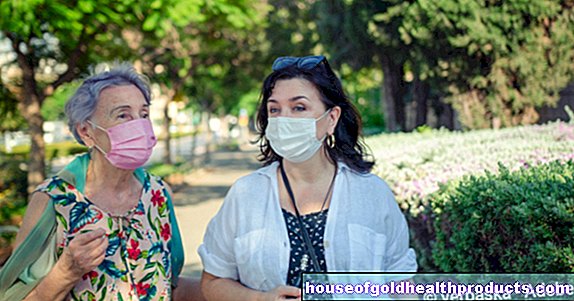

.jpg)
